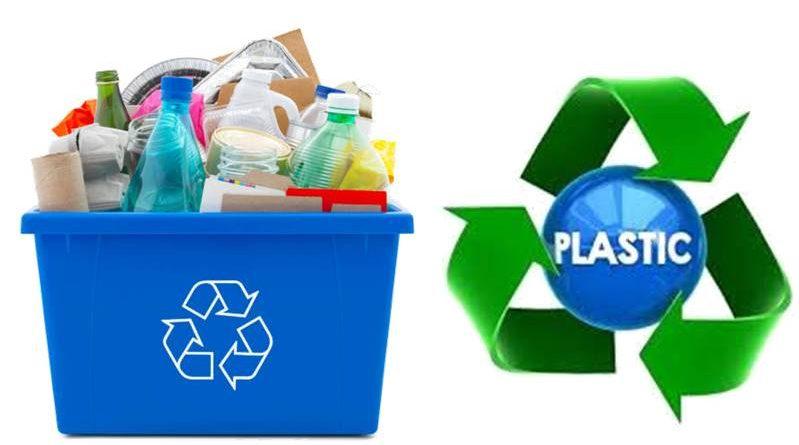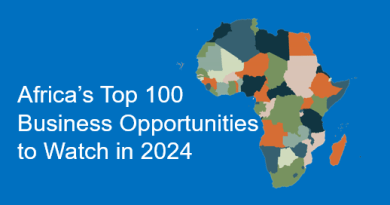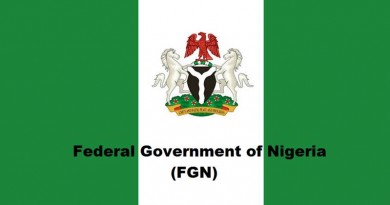2023 World Environment Day brings plastic pollution solutions into focus
Individuals, communities, civil society, corporations, and governments around the world celebrated World Environment Day today, with official events staged in Abidjan, Côte d’Ivoire, with the help of the Netherlands. The focus on plastic pollution solutions for World Environment Day is especially appropriate, given the recent conclusion in France of a second round of negotiations on a global agreement to prevent plastic pollution.
The UN General Assembly established World Environment Day in 1972, and it will be 50 years old in 2023. With UNEP at the forefront for the past five decades, the day has evolved to be one of the major global forums for environmental awareness. Millions of individuals worldwide take part in online and in-person activities, events, and actions.
“Plastic is derived from fossil fuels; the more plastic we produce, the more fossil fuel we consume, and the worse the climate crisis becomes.” “However, we have solutions,” said UN Secretary-General António Guterres in his World Environment Day message. “We must all work together – governments, businesses, and consumers – to break our addiction to plastics, promote zero waste, and build a truly circular economy.”
Mr. Jean-Luc Assi, Côte d’Ivoire’s Minister of Environment and Sustainable Development, stated at the official event at Espace Latrille Events Deux Plateaux in Abidjan: “In 2013, Côte d’Ivoire issued a decree prohibiting the production, import and marketing, possession, and use of plastic bags.” It has assisted businesses in making the transition to reusable and biodegradable packaging. Abidjan, the country’s largest city, has also become a centre for start-ups seeking to combat plastic waste. They are being boosted. So let us all be conscious of the need of combating plastic pollution. Let us act today to put an end to plastic pollution.
World Environment Day raises awareness of the critical issues we face today. Climate change, biodiversity loss, and pollution are all problems. “Plastic pollution touches on all three of these challenges,” said Vivianne Heijnen, Netherlands’ Environment Minister. “We must continue to raise awareness, collect best practices, and ensure commitment from all stakeholders.” I believe that this World Environment Day will be a watershed moment in our collaborative struggle against plastic waste.”
Every year, humanity produces about 430 million tonnes of plastic, two-thirds of which are short-lived products that are quickly discarded. The social and economic costs of plastic pollution range from $300 billion to $600 billion each year.
According to a recent UNEP analysis, Turning off the Tap, countries and businesses could reduce plastic pollution by 80% by 2040 if major policy and market adjustments are implemented utilizing existing solutions.
“We must eliminate plastic pollution for the sake of the planet’s health, our health, and our prosperity.” This will necessitate a complete overhaul of how we create, use, recover, and dispose of plastics and plastic-containing items,” stated Inger Andersen, Executive Director of (UNEP). “The world’s production, consumption, and disposal of plastic has resulted in a disaster.” However, it is one that we can put an end to by turning off the tap on plastic pollution. On this World Environment Day, I urge everyone to join the global movement. And help us beat plastic pollution, once and for all
The INC Chair was mandated to develop a zero draft of a worldwide, legally binding agreement on plastic pollution, notably in the marine environment, at the second session of the Intergovernmental Negotiating Committee (INC) on plastic pollution in Paris, France.
A historic resolution (5/14) was adopted in February 2022 at the fifth session of the United Nations Environment Assembly (UNEA-5.2) to develop an international legally binding instrument on plastic pollution, including in the marine environment, with the goal of concluding negotiations by the end of 2024. The device will be based on a comprehensive methodology that handles the entire plastic life cycle. The INC’s third session will be held in Nairobi, Kenya, in November 2023.
Plastic pollution action
The energy for global action is palpable around the world in the run-up to and on World Environment Day. This World Environment Day Map highlights innovative, community-driven plastic pollution reduction methods. Hundreds of activities, ranging from beach clean-ups in Mumbai to cloth-bag sewing workshops in Ghana and zero-plastic-waste live concerts in Atlanta, have been registered.
The International Air Transport Association and UNEP launched a Memorandum of Understanding to address sustainability concerns in the aviation industry, in line with the UN 2030 Agenda for Sustainable Development. The partnership’s initial focus is on reducing problematic single-use plastics goods and promoting plastics circularity in the aviation industry.
At the International Association of Public Transport (UITP) Global Public Transport Summit in Barcelona, Spain, UNEP and the UITP unveiled a Memorandum of Understanding to formalize their partnership, with a strong emphasis on environmental and sustainability awareness raising across public transportation networks.
Jyrgalan, a village in the Kyrgyz Republic, recently opened its first waste collection facility, with UNEP assistance. The facility aims to address the village’s growing waste challenges, brought on by increased tourism, by building capacity for small businesses and strengthening the role of women in decision-making.
In Panama, UNEP representatives from the Panamanian government, UN offices at the regional and national levels, and civil society, particularly youth organizations, committed to reducing plastic waste in their offices and neighborhoods.
Fishers from 42 ports in Greece have stopped littering as a result of training provided by the non-profit business Enaleia, and instead recover marine plastic with their nets. Enaleia, co-founded by Lefteris Arapakis, a UNEP Young Champion of the Earth for Europe, recently announced that it will expand its operations to Egypt and Spain, as well as Kenya and Italy.
The Kenya Plastics Pact has issued new industry criteria on plastic packaging recyclability. The guidelines aim to offer decision-makers with clear suggestions on how to design plastic packaging to be compatible with existing and future mechanical recycling facilities.
At the World Trade Center in New York, an art project made entirely of plastic debris will be unveiled. In India, celebrities and well-known musicians collaborated to create a music video and distribute messages in order to motivate more people to take action against plastic pollution. In Kazakhstan, the local music group Great Steppe created a music video to commemorate the Day and highlight the environmental damage being done to the Aral Sea, while an Almaty-based UN-supported sustainable fashion and art event featured pieces manufactured from recycled materials.
Airports and transportation networks around the world, from China and Indonesia to Chile and the United States, as well as billboards in Times Square and Piccadilly Circus, broadcast World Environment Day messages, educating millions of passengers and citizens about the importance of taking action to combat plastic pollution.
Hundreds of thousands of people took part in World Environment Day online, with the hashtags #WorldEnvironmentDay and #BeatPlasticPollution trending first and second on Twitter, respectively. The UNEP’s Beat Plastic Pollution Practical Guide has been downloaded by over 50,000 individuals.
These activities, actions, and displays, which take place in community centers, schools, workplaces, and homes, demonstrate how individuals and communities can play a significant role in environmental action. They can encourage governments, cities, financial institutions, and businesses to use their resources to invest in and implement large-scale solutions to the plastic pollution challenge.




